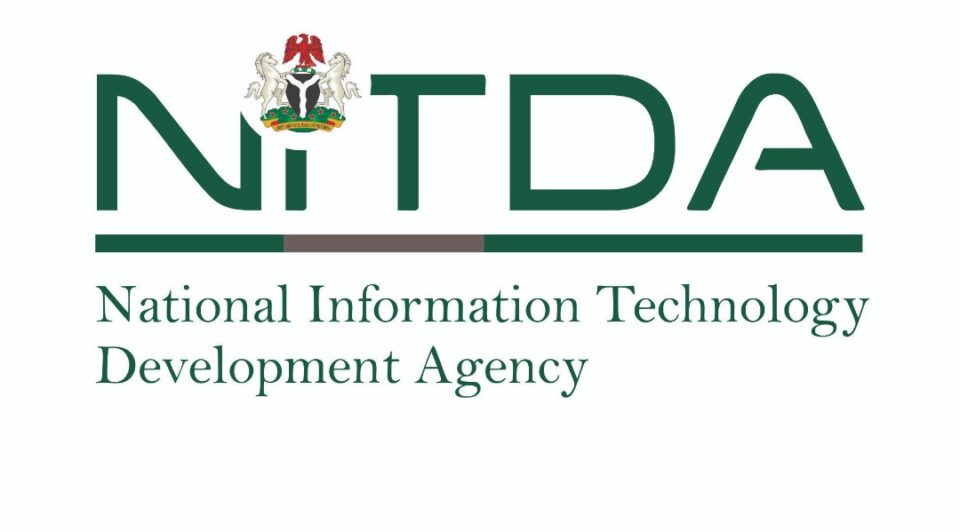
Celebrating Indigenous Inventions, by Zeenat O. Sambo
The advancement of technology over the past decades has impacted enormously economic development around the globe. It is no surprise that developed countries have yielded to the inclusivity of technological evolution and its huge impact on their society.
Presently, it is quite impressive how developing countries are accelerating technological inventions for a smart society by empowering their populace with numerous tech skills.
The Director-General, National Information Technology Development Agency (NITDA), Kashifu Inuwa Abdullahi, re-emphasised the agency’s commitment to train one million youths within 18 months and to achieve its ambitious target of 95 percent digital literacy by 2030.
Speaking on the theme “Digital Technology: Key to Sustainable Future”, at the recently concluded Ogun Digital Summit 2022, Inuwa urged the youths to realize that technology is the present and future of the world and to take their innovative ideas from conception to impact and commercialize their technologies to contribute to nation’s growth in the digital economy.
Several programmes have been implemented by NITDA in collaboration with the private sector and international development partners including Google, Microsoft, and Huawei just to name a few. Such tech competitions, hackathons, and other programmes across the country provide digital skills and create the enabling environment to boost digital literacy by equipping young indigenous innovators and entrepreneurs to thrive in the tech ecosystem.
In furtherance of its efforts to sustain the extension of digital skills across the country, the Agency has opened its registration portal for potential developers to apply for participation in the training program on software development.
Many instances of such initiatives and programmes abound in different parts of the country. For instance, NITDA training centers, North East ICT Initiative, Paradigm Initiative, Google, Huawei, and others, have organized and are still organizing basic digital skills, networking workshops, and capacity-building training for upskilling and reskilling talents in indigenous tech companies.
Additionally, the 2022 edition of the technology and innovation expo in Abuja attracted thousands of Nigerian investors and innovators to explore opportunities and collaborate with players in the ecosystem. Various talented indigenous innovators exhibited their innovative inventions/solutions.
The Science Development Institute in Enugu, headed by Ndubisi Ashimedu, showed some amazing innovations like foundry machines that can melt and shape metals, and also convert charcoal into solid for energy recovery.
Dr. Tanko Sule, another inventor invented cattle collars, which are used to track cattle to enable us to know where they are at all times for security purposes.
Similarly, Abdulqadir Haruna Hussain recently developed a secure mobile platform called Amchat that will facilitate the value of exchange between user app developers, content creators, businesses, and advertisements in the global digital space.
Being the first in Africa, the app which was monitored and supervised by NITDA and NCC will enable accessibility to news, business promotion, exchange of knowledge, and new ideas. Interestingly, the app can be used as a platform for paying taxes thereby helping to solve the problem of tax collection, corruption, and wastage of revenue.
Meanwhile, Dr. Olusola Ayoola, a robotic engineer who developed the Carbon Emission Tracker Drone for aerial surveillance in detecting hideouts of criminals within caves and forest areas, has shown that Nigerians are capable of developing innovative solutions to curb insecurity and other local problems.
While many indigenous inventions are springing up in different sectors of the economy, there are limited opportunities to develop and fully utilize them. It is for this reason and others that the federal government is insisting on the drastic reduction of the unwholesome reliance on foreign products when industries can leverage technology to produce better alternatives locally.
In order to enable the development and patronage of new inventions in the country, Prof. Isa Pantami, the Minister of Communications and Digital Economy has announced that Nigeria will no longer import telecom products and services that can be manufactured in the country.
Speaking of future inventions and technological solutions in Nigeria, the development of the health sector is imperative. Digital Community Health Centres should be established across the country and provided with digital facilities like patient portals, clinical apps, and telemedicine platforms to improve healthcare services for all.
Without a doubt, technology is revolutionizing the agricultural sector with numerous innovative equipment and machines to enhance agro-production from the farm to the industries. Thus, entrenching technology in agriculture will not only boost food production but will also help to develop digital farming and industrialisation in the country.
Turning to green technology in the face of global warming is paramount to solving environmental and resource problems. With this, it is possible to generate electricity from wastewater or waste materials, and new technologies could convert discarded plastic waste materials into new tools for construction.
Innovation and technology are driven by human talents, so universities, institutions, and corporations need to be part of the system since they are critical to producing the talents that can solve identified problems.
With the recent passage of the Nigerian Start-up Bill by both chambers of the National Assembly, it is expected that when eventually signed into law, it will address most challenges being experienced in the startup ecosystem and ease business development.
While NITDA, Galaxy Backbone, NCC, and others are working hard to achieve a smooth network operation and accessible data services with 5G, the youths are encouraged to take their innovative ideas to impact, commercialise and engage in problem-solving for economic growth.
Likewise, private and government establishments are expected to integrate their employees into ICT schemes by digitalising their processes and eliminating the paperwork load. This will not only contribute to the growth of the nation’s digital economy but also help the citizens achieve smart products and services in the future.
Zeenat O. Sambo writes from Wuye District Abuja
